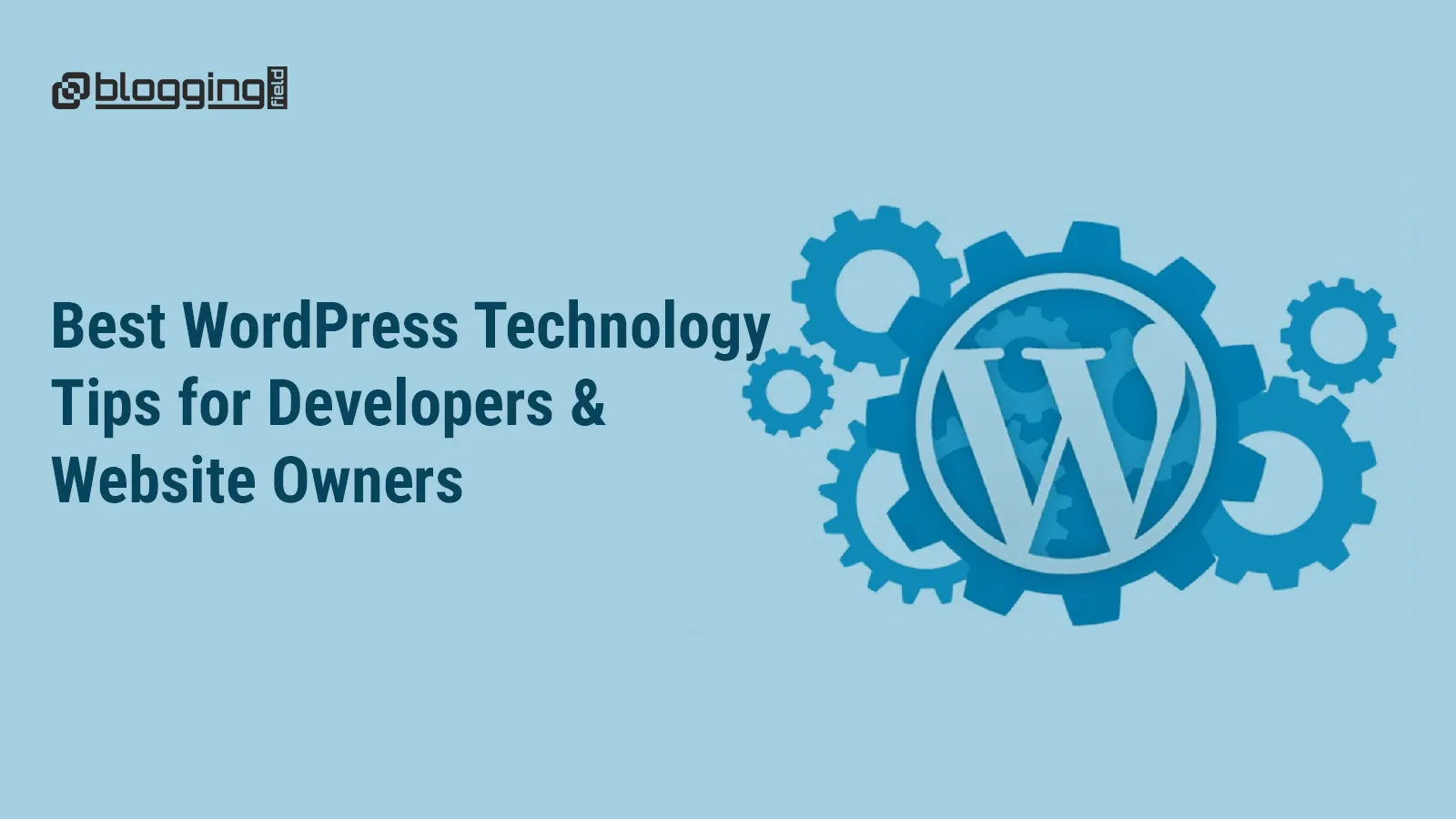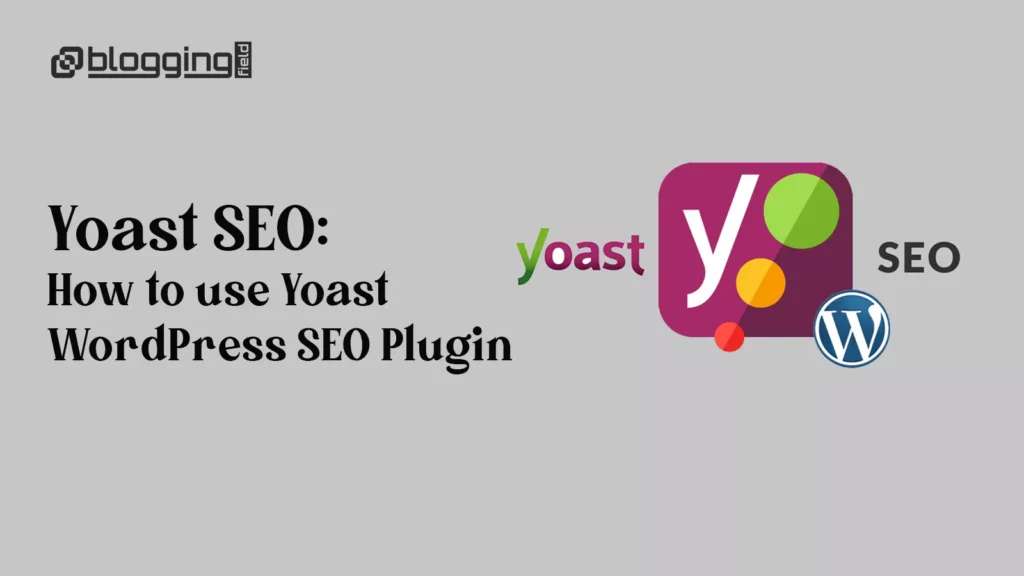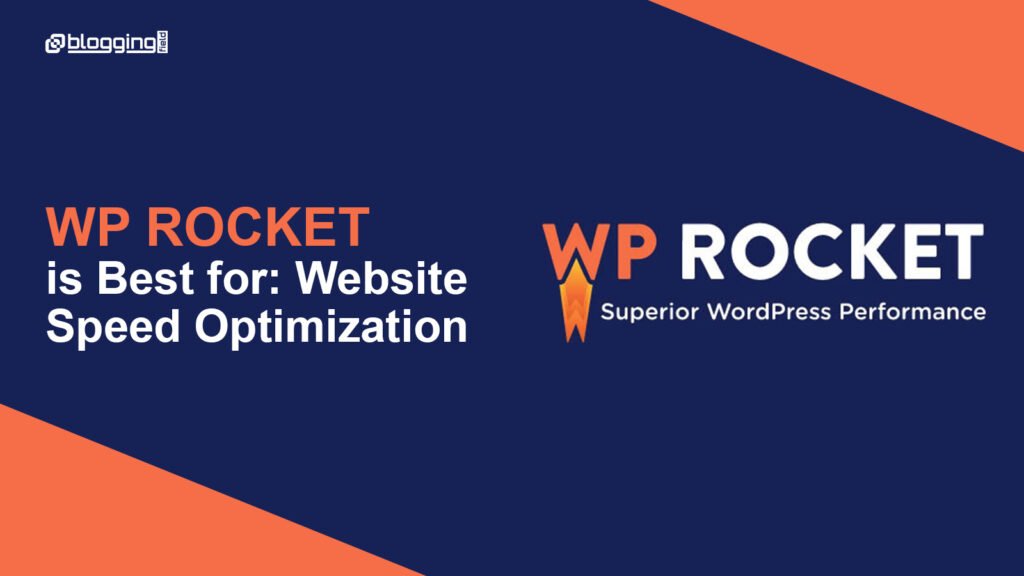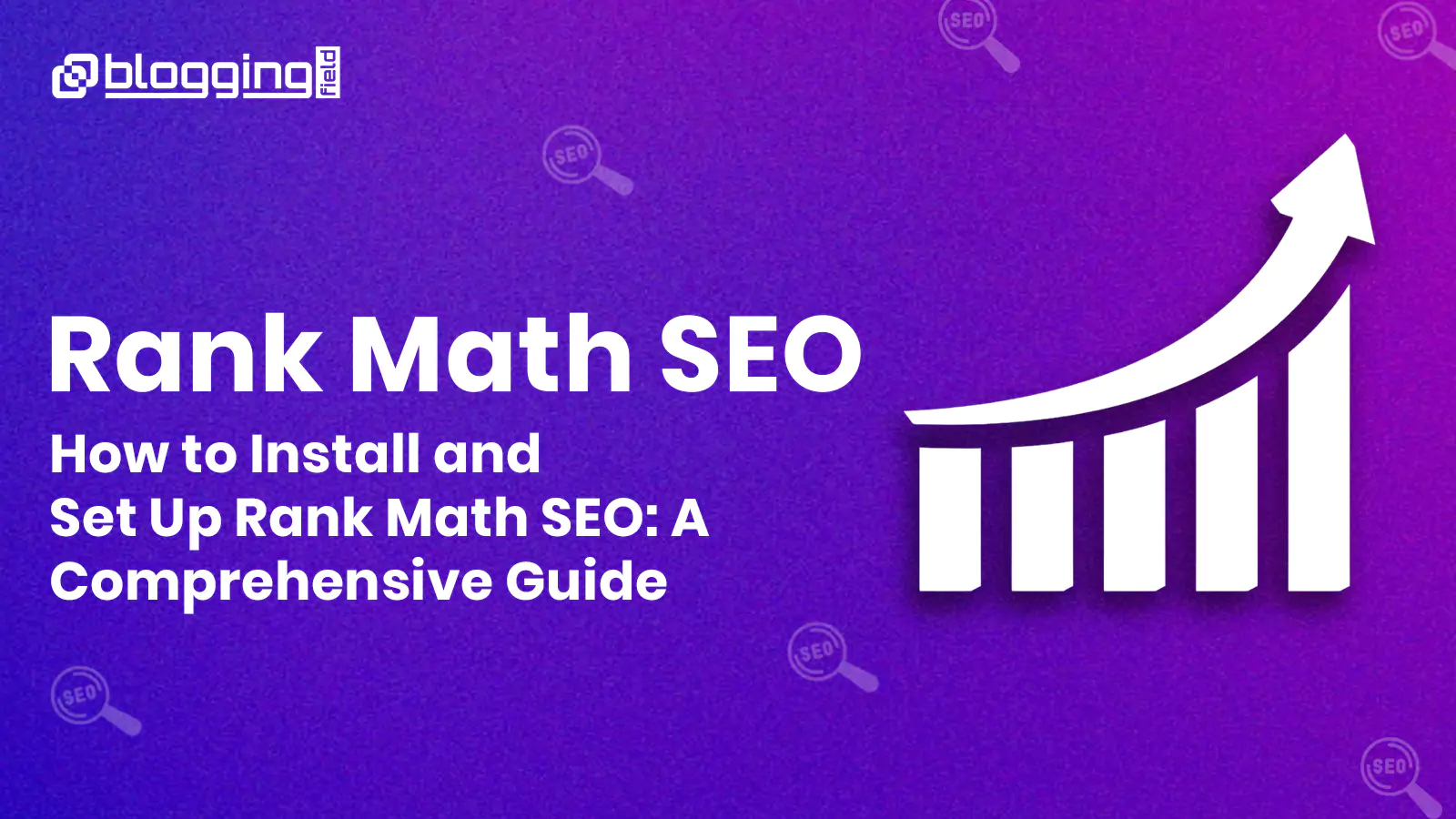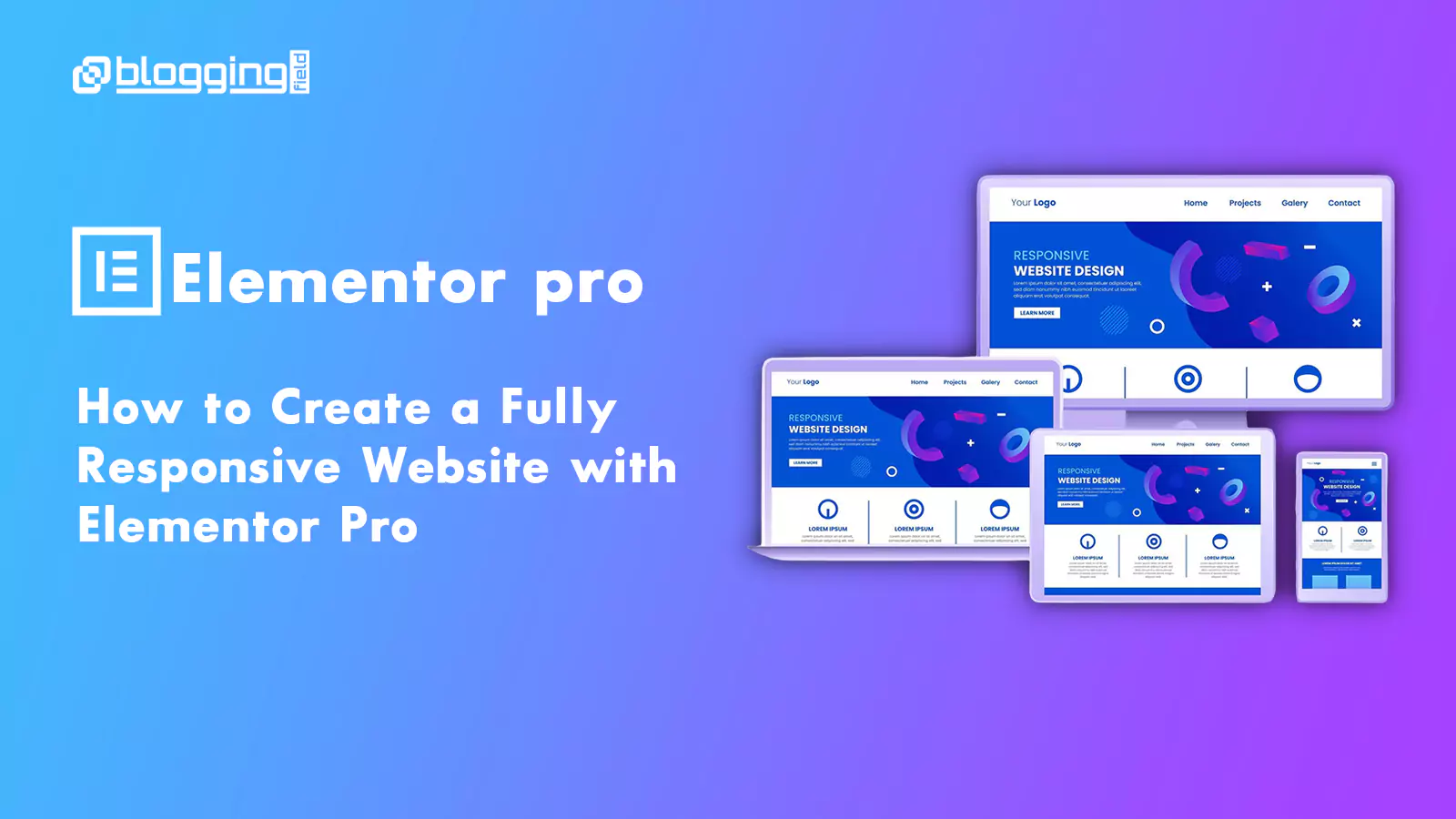Introduction
Best WordPress tips for developers & website owners
1. Prioritize Website Speed & Performance
Website speed is one of the most important factors for both SEO and user experience. A slow-loading site can increase bounce rates and harm conversions.
Use a reliable caching plugin such as WP Rocket or W3 Total Cache.
Optimize images with tools like Smush or Imagify.
Leverage Content Delivery Networks (CDNs) such as Cloudflare for faster global delivery.
Choose a lightweight theme like GeneratePress or Astra for minimal bloat.
Regularly test speed on Google PageSpeed Insights and GTmetrix.
By prioritizing speed, developers and website owners ensure better search rankings and a smoother browsing experience.
2. Strengthen WordPress Security
WordPress sites are often targeted by hackers, so security must be a top priority.
Keep WordPress core, plugins, and themes updated.
Use a reputable security plugin like Wordfence or Sucuri.
Enable two-factor authentication (2FA) for admin logins.
Change the default login URL from “/wp-admin” to a custom one.
Regularly back up your site using UpdraftPlus or BackupBuddy.
A secure site not only protects sensitive data but also builds trust among visitors.
3. Implement SEO Best Practices
Search Engine Optimization (SEO) ensures your WordPress website ranks higher and drives organic traffic.
Install an SEO plugin like Yoast SEO or Rank Math.
Optimize meta titles, descriptions, and alt tags for images.
Use an SEO-friendly permalink structure (e.g., yoursite.com/best-wordpress-tips).
Improve internal linking to increase site authority.
Generate and submit an XML sitemap to Google Search Console.
SEO is a long-term investment that helps websites maintain visibility and attract more users.
4. Choose the Right Hosting Provider
Your hosting plays a huge role in website performance and security.
Opt for Managed WordPress Hosting providers such as Kinsta, SiteGround, or WP Engine.
Ensure hosting includes features like SSL certificates, automatic backups, and advanced security.
Check uptime reliability and customer support availability.
A quality hosting provider ensures scalability, better speed, and peace of mind for website owners.
5. Use Page Builders & Block Editors Smartly
Developers and non-technical users often rely on page builders for designing websites.
The Gutenberg block editor is lightweight and future-focused.
For advanced design flexibility, tools like Elementor Pro or Beaver Builder are excellent choices.
Avoid overusing heavy plugins or too many page builders, as they may slow down the site.
Balancing ease of use with performance ensures both developers and website owners achieve modern, fast designs.
6. Optimize for Mobile Responsiveness
With mobile traffic surpassing desktop, responsive design is no longer optional.
Use responsive themes that automatically adjust to different devices.
Test your site on multiple devices with tools like Google Mobile-Friendly Test.
Avoid popups that block content on mobile screens.
Implement mobile-first design principles for better user engagement.
Mobile optimization improves SEO rankings and provides a seamless browsing experience.
7. Streamline Plugins & Updates
Too many plugins can slow down a WordPress site and increase vulnerabilities.
Only install plugins from trusted developers.
Regularly audit and remove unused plugins.
Keep all plugins updated to avoid compatibility and security issues.
For developers, building custom solutions can sometimes replace the need for bulky plugins, enhancing performance.
8. Enhance User Experience (UX)
A great WordPress site is not just functional but also user-friendly.
Focus on clear navigation and minimal clutter.
Use fast-loading, modern themes.
Add accessibility features (alt text, keyboard navigation).
Implement features like search bars, breadcrumbs, and call-to-action (CTA) buttons.
Good UX increases engagement, session duration, and conversion rates.
9. Take Advantage of Analytics & Tracking
Tracking performance helps website owners make data-driven decisions.
Use Google Analytics 4 and Google Search Console to monitor website traffic.
Integrate Hotjar or Microsoft Clarity to analyze user behavior.
Track conversions, bounce rates, and keyword performance.
Developers can implement custom tracking scripts, while owners can rely on plugins for easy integration.
10. Future-Proof with Regular Maintenance
WordPress technology is constantly evolving, so ongoing maintenance is crucial.
Regularly update the WordPress core, themes, and plugins.
Remove old or unused content to maintain site relevance.
Conduct security scans and performance audits monthly.
Keep an eye on WordPress trends such as AI integrations and headless WordPress for future improvements.
Proactive maintenance ensures websites remain secure, fast, and competitive.

